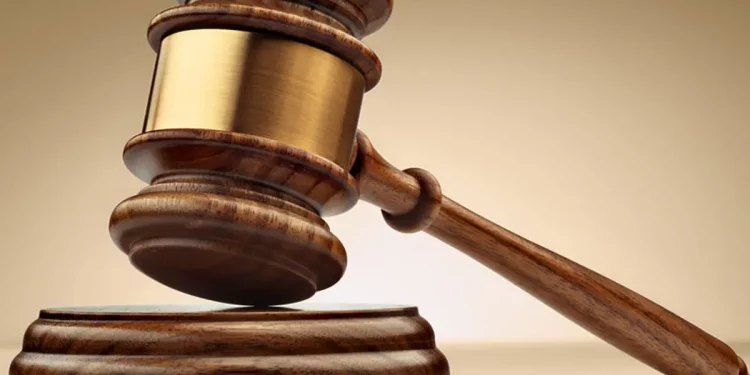In a scathing criticism of the President Bola Tinubu administration, Federal High Court Judge Nicholas Oweibo unleashed a stern rebuke during a ruling on Thursday, highlighting the government’s apparent disregard for the rule of law. This condemnation came amidst a high-profile legal case involving the suspended Central Bank of Nigeria Governor, Godwin Emefiele.
The case, cantered around “illegal possession of firearms and ammunition” charges, took a dramatic turn when the Director of Public Prosecution (DPP) at the Federal Ministry of Justice, Abubakar Mohammed, presented an oral application seeking to withdraw the charges. The prosecutor cited emerging facts and circumstances that required closer investigation as the basis for the withdrawal.
Judge Oweibo’s frustration with the government’s attitude towards the rule of law was palpable as he remarked, “The prosecution has shown that they are not law abiding and have no respect for the court. The court cannot force them.”
He questioned the benefits of keeping the charges in the court’s docket and ultimately granted the application to withdraw, albeit with a note of disappointment in the government’s conduct.
This incident adds to the growing list of instances where the Nigerian government has been criticized for its failure to adhere to court orders.
This tradition of disregard for court rulings has raised concerns about the erosion of the judiciary’s authority and the weakening of the rule of law in the country.
Just as in the past, the government’s reluctance to comply with legal mandates seems to persist, leaving citizens questioning the sanctity of the legal system.
As this case unfolds, it raises broader questions about the government’s commitment to upholding the rule of law. The repeated instances of non-compliance with court orders have led many to worry about the erosion of the judiciary’s independence and the potential consequences for citizens seeking justice.
The Emefiele case serves as a stark reminder that without a robust legal system and a government that respects its tenets, the rule of law in Nigeria remains under threat, risking the very foundation upon which a just society is built.












